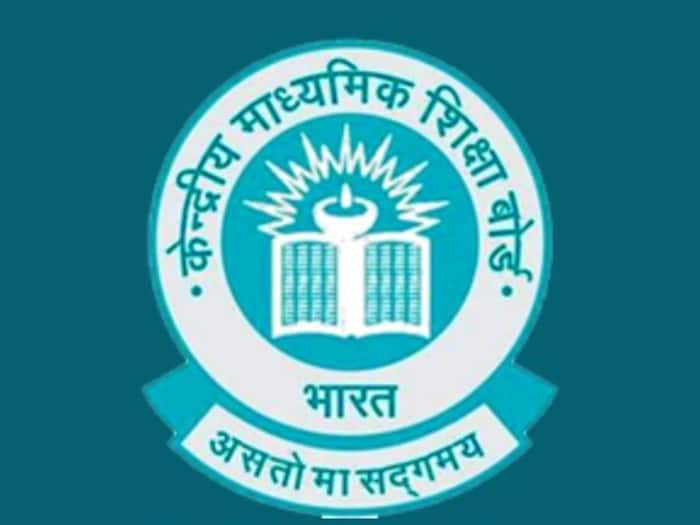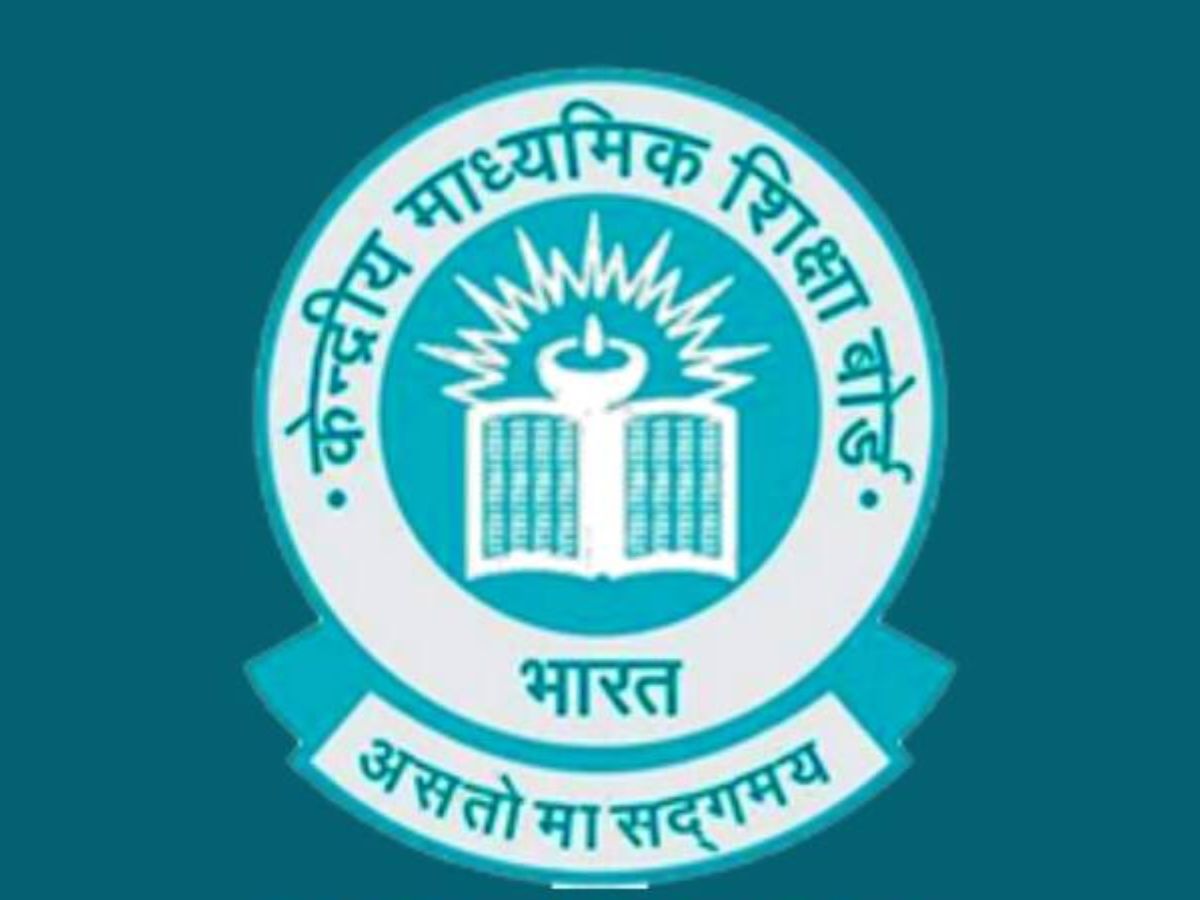the Central Board of Secondary Education, or CBSE, has put forward a plan suggesting that an academic year should comprise 1200 ‘notional learning hours’, which would be equivalent to gaining 40 credits.

CBSE Board Exams 2024: The Central Board of Secondary Education(CBSE), the national-level board of education, has reportedly suggested changes to the academic structure for secondary and higher secondary education. Among these proposed changes is a shift from the existing practice of studying two languages in the Secondary School Examination(Class 10th) to studying three, with the stipulation that at least two of them must be native Indian languages. Additionally, as per the IndianExpress report, students in Class 10 may now need to pass in 10 subjects, as opposed to the current requirement of five.
Likewise, in the case of the Senior School Certificate Examination(Class 12th), the proposed changes include students studying two languages instead of one, with the condition that at least one of them must be a native Indian language. As part of the overall changes, students would need to pass examinations in six subjects instead of the current requirement of five to complete high school.
As per the IndianExpress report, these proposed changes form part of the board’s broader initiative to implement a national credit framework in school education. At the moment, there’s no official credit system within our typical school curriculum. However, the Central Board of Secondary Education, or CBSE, has put forward a plan suggesting that an academic year should comprise 1200 ‘notional learning hours’, which would be equivalent to gaining 40 credits. This ‘notional learning’ idea suggests a certain amount of time that a regular student would need to dedicate towards their studies to reach the required specified outcomes. Put in simpler terms, each subject has a particular number of hours assigned to it so that, over the year, a student can gather a total of 1200 learning hours, necessary for passing. These hours include both traditional academic schooling as well as non-academic or experiential learning outside the school.
As per the report, all the academic credits a student earns will be kept securely in an Academic Bank of Credits. The credits can easily be viewed via their linked Digilocker account.
The Board has proposed a modification in the curriculum for secondary and higher secondary education. They suggest broadening the scope of subjects by introducing vocational and multidisciplinary courses to the list of subjects. Under this reformed plan, Class 10 students, who presently need to pass five subjects (comprising two languages and three primary subjects – maths, science, and social studies), would now have to ace a total of ten subjects as part of the new credit-based curriculum. In terms of languages, two out of the three should be native Indian languages. For Class 10, the newly proposed main subjects include: artistic education, physical well-being and education, vocational training, environmental education, computational thinking and mathematics, alongside the traditional subjects of science and social studies.

